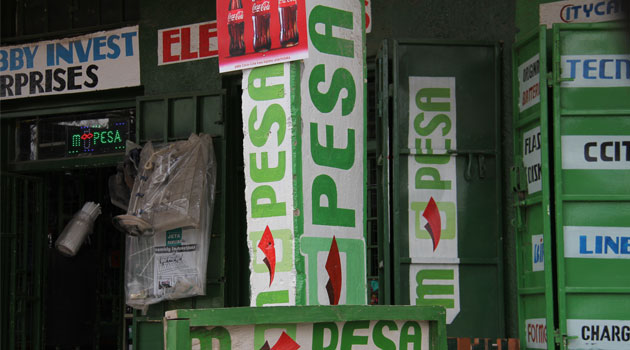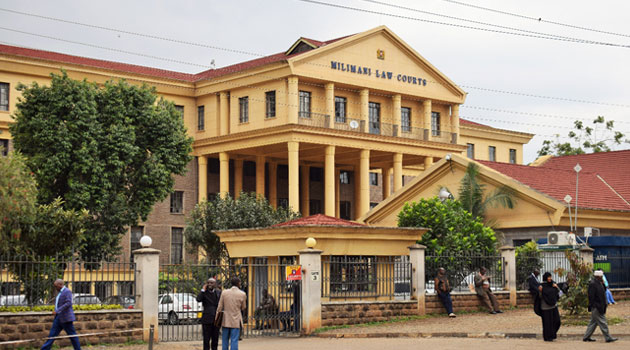NAIVASHA, Kenya, April 25 – As Kenya marks World Malaria Day, Kinangop Dairy Ltd (KDL) has issued a call for broader awareness of mosquito-borne diseases, highlighting their dual threat to both human and livestock health.
While malaria remains one of Kenya’s most significant public health challenges—with over 3.5 million clinical cases and more than 10,000 deaths annually—KDL is drawing attention to the overlooked impact of mosquitoes on livestock.
Diseases such as Rift Valley Fever (RVF) and Anaplasmosis have had increasingly severe effects on rural farming communities, leading to reduced milk production, higher veterinary costs, and weakened food security.
“Mosquitoes are not just a human health issue—they’re an agricultural threat,” KDL said in a statement.
“Strengthening public health must go hand-in-hand with protecting the livelihoods of farmers.”
RVF outbreaks, previously observed once a decade, are now appearing every two to three years—an increase linked to climate change, erratic rainfall, and flooding. This changing disease pattern threatens to make RVF a near-annual crisis, amplifying risks for rural dairy farmers.
KDL, a key player in Kenya’s dairy sector, emphasized that sustainable development requires linking health and agricultural resilience.
The company is rolling out awareness campaigns and supporting local initiatives aimed at educating farmers on preventive strategies to mitigate mosquito-related health threats.
Efforts in malaria-endemic regions like the Lake Region have demonstrated the success of community-based interventions, particularly in reducing child mortality.
However, access to accurate information and timely medical or veterinary care remains limited in many rural areas, leaving communities—especially women and children—vulnerable.
“Improving access to preventive care, whether through mosquito nets or livestock vaccinations, is vital for resilient communities,” the company stated.
KDL is calling on the government, healthcare providers, agri-businesses, and civil society to collaborate on integrated health strategies that recognize the shared vulnerabilities of people and animals.
As Kenya reflects on the impact of malaria, KDL urges a nationwide commitment to awareness, prevention, and long-term partnerships that foster healthier communities and sustainable agricultural growth.



























